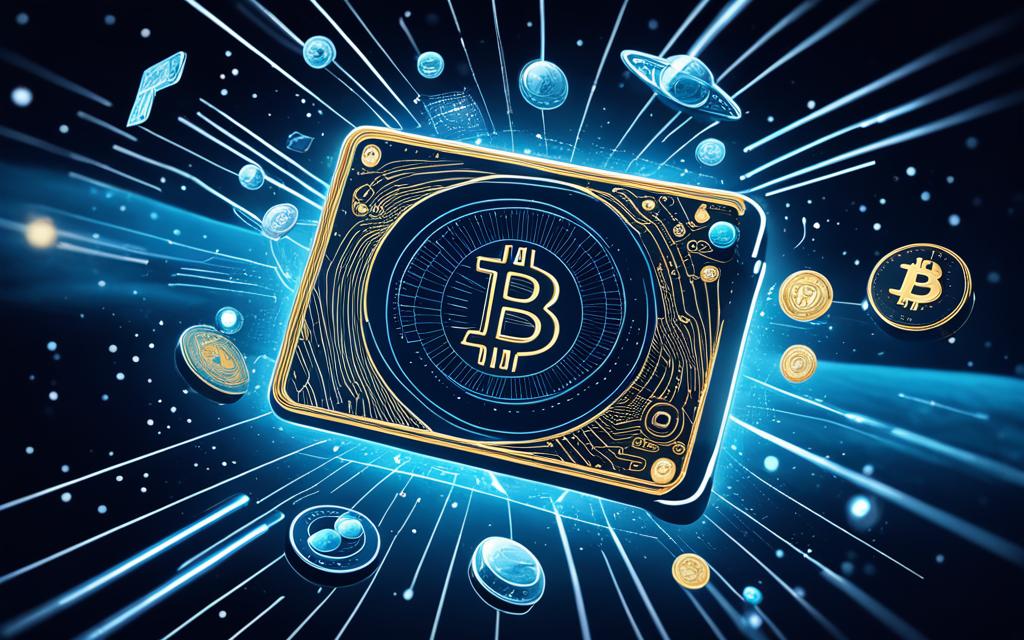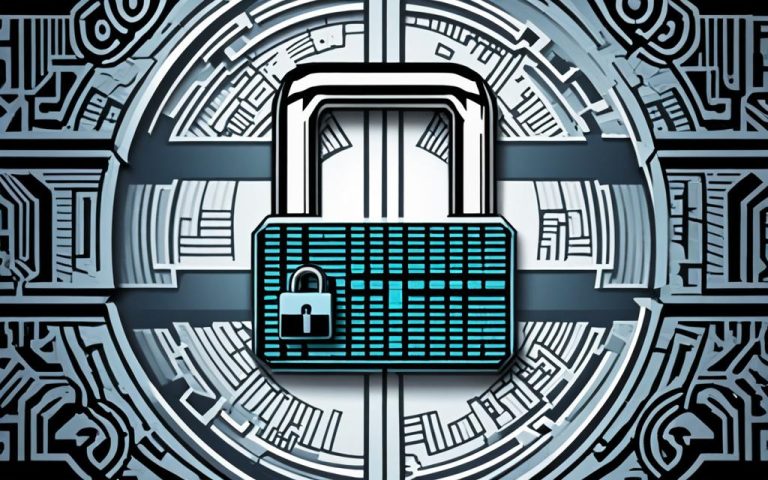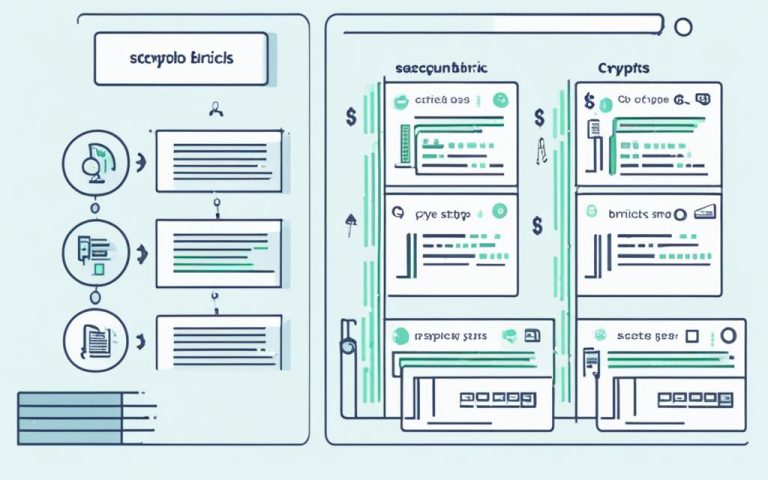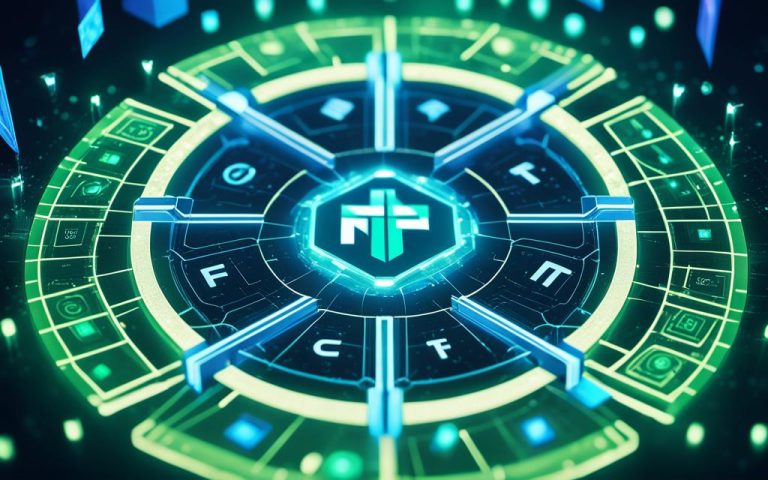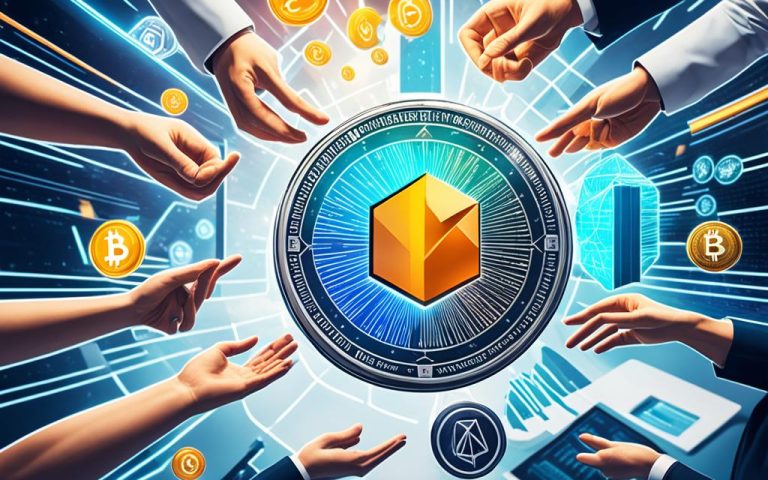A decentralized wallet, or a crypto wallet, is a must-have for anyone in the decentralized finance (DeFi) space. DeFi uses blockchain technology, allowing secure, direct transactions without middlemen.
These wallets let users control their digital assets. They keep private keys, which are codes to access their cryptocurrencies and other digital assets.
Using a decentralized wallet, folks can dive into DeFi apps and uncover various financial opportunities. They can swap tokens, and lend or borrow assets among other activities. All the while, they keep control of their assets and private keys.
For added security, decentralized wallets use end-to-end encryption. This keeps user information safe. They often have two-factor authentication too, which protects against unauthorized access.
There are several types of decentralized wallets: software, hardware, and paper wallets. Each has its benefits, allowing people to pick what suits their security needs best.
Understanding decentralized wallets is the first step. Next, you might wonder how to choose the right one. For more on picking the best wallet and its advantages, visit dydx.exchange, medium.com, and juno.finance.
Please note: While decentralized wallets offer more control and privacy, they’re not without risk. The value of digital assets can change quickly, even drop to zero. Always research and be cautious with your digital assets.
Centralized Wallets vs. Decentralized Wallets
Choosing between centralized and decentralized wallets is crucial in the crypto world. Each type has its own benefits to offer. Let’s dive into what makes each one unique.
Control over Assets
With decentralized wallets, you’re in charge of your digital money. You can make transactions directly, without a middleman. Centralized wallets, however, hold your assets on their platforms.
Private Key Management
Decentralized wallets mean you keep your private keys safe. This is key for ensuring your assets’ security. In contrast, centralized ones have the platforms manage your keys, which may increase risk.
Interactions and Connection with DeFi
Decentralized wallets connect you directly to dApps and the DeFi world. Centralized wallets work through their platform, offering services like exchanges.
KYC (Know Your Customer) Requirements
Decentralized wallets often skip the KYC, valuing your privacy. Centralized wallets, on the other hand, may require KYC for security reasons.
Security
Decentralized wallets give you solid security by letting you control your keys. Centralized wallets’ security depends on their platform, which might have vulnerabilities.
Comparison Table: Centralized Wallets vs. Decentralized Wallets
| Aspect | Centralized Wallets | Decentralized Wallets |
|---|---|---|
| Control over Assets | Platform has control | Users have full control |
| Private Key Management | Platform holds private keys | Users hold private keys |
| Interactions | Operate through the platform | Facilitate P2P interactions |
| KYC Requirements | Often required | Usually not required |
| Security | Managed by the platform | Users safeguard private a>keys |
The crypto industry’s evolution often leaves people choosing between centralized and decentralized wallets. It’s best to compare and see which fits your needs.
If you’re keen on further exploring both wallet types, here are some good reads:
- B2BinPay – What Are Centralized and Decentralized Wallets
- TastyCrypto – Decentralized Wallets
- Medium – The Differences Between Centralized and Decentralized Cryptocurrency Wallets
Benefits of Decentralized Wallets
Decentralized wallets offer a lot of advantages for crypto fans. Now, let’s look at their main benefits.
Full Control over Crypto Funds
Decentralized wallets let users fully own and control their digital assets. They don’t need a bank to hold their funds. With these wallets, you can manage your cryptos on your own. This freedom lets you handle transactions and keep various cryptocurrencies as you like.
Access to DeFi and Web3 Applications
Decentralized wallets open the door to decentralized finance (DeFi) and Web3 apps easily. They skip the long KYC processes. Users get into lending, swapping, and more in the DeFi world. Through these wallets, you can use new blockchain features like smart contracts and decentralized apps.
Enhanced Security with Private Key Protection
Decentralized wallets offer better security by controlling private keys. It’s like saying, “If you don’t own the keys, you don’t own the crypto.” Keeping your private keys safe lowers the risk of losing your assets to hackers.
P2P Transactions without Intermediaries
These wallets let users make peer-to-peer transactions without middlemen. This cuts out fees and keeps things private. With decentralized wallets, you can send and receive cryptos worldwide, without worrying about limits or extra charges.
Final Thoughts
Decentralized wallets give lots of benefits like full control of funds, access to DeFi, top-notch security, and direct P2P transactions. Using them, people can truly experience financial freedom and the perks of blockchain technology.
Conclusion
Decentralized wallets have changed how we handle our digital assets. They give users complete control and more security. By cutting out middlemen, these wallets give us direct access to DeFi and Web3 apps. This lets people do transactions with others directly, keeping their privacy and freedom.
With decentralized wallets, you get to be in charge of your money. You can make transactions without needing a centralized authority. This move to being self-reliant matches the blockchain’s goals of openness and no central control.
As DeFi becomes more popular, decentralized wallets are key for anyone who wants to use their crypto fully. They allow you to join in on activities like yield farming, lending, or trading safely. These wallets make sure you can explore the decentralized world confidently.
If you want to manage your digital assets and dive into DeFi and P2P transactions, now is the time to use decentralized wallets. They offer the freedom of owning your assets outright. Discover what’s possible in this decentralized future. Swimming in cryptocurrencies will be tough without one.
FAQ
What is a decentralized wallet?
A decentralized wallet is a special type of crypto wallet. It lets you easily use decentralized finance (DeFi) apps. These wallets put you in full charge of your digital money, allowing for transactions directly between people.
Unlike centralized wallets, they don’t depend on middlemen. You get to keep your private keys. This means you have total control over your money.
How do decentralized wallets differ from centralized wallets?
Centralized wallets are run by third parties, like the crypto exchanges Coinbase or Binance. Here, the platform has your private keys and takes care of your funds. On the flip side, decentralized wallets put you in the driver’s seat regarding your assets.
They let you keep your private keys. You get to interact directly with others and use dapps and DeFi services freely.
What are the benefits of using a decentralized wallet?
Using a decentralized wallet comes with major perks. You’re in total control of your crypto funds and can access DeFi and Web3 apps freely. There’s no KYC needed, and you keep your private keys safe.
This all grants you a lot of freedom and privacy. Plus, it’s safe and legal, enhancing your security while transacting.
How have decentralized.d wallets revolutionized the management of digital assets?
Decentralized wallets have changed how we manage our digital assets. They give you full control and boost security by cutting out middlemen. You can directly access DeFi and Web3 apps, making transactions with others easily.
They bring more freedom and privacy to your digital life. With DeFi’s rise, having a decentralized wallet is key to making the most of your crypto assets.

